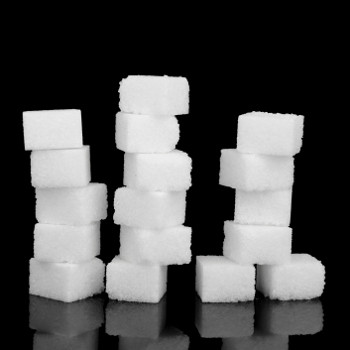New study casts doubt on sugar-free benefits

A new academic paper by researchers in London and Sao Paolo suggests that sugar-free and diet drinks do not help people lose weight and in fact may be contributing to the percieved obesity epidemic.
5 January 2017
A new study into the benefits of sugar-free and artificially sweetened drinks has suggested that they present little health benefits to consumers, and may actually contribute to obesity and other health problems. The paper, by researchers at Imperial College, London along with the Federal University of Pelotas and the University of Sao Paolo, both in Brazil, says there is no evidence they help in weight loss.
One theory is that people assume they can eat more because their drinks are low in sugar, the report says.
Several manufacturers and retailers including Lucozade Suntori and Tesco have been announcing plans to tackle the problem of obesity and other health problems associated with high-sugar diets. Drinks containing artificial sweeteners account for 25% of global sales, according to The Guardian.
“A common misperception, which may be influenced by industry marketing, is that because ‘diet’ drinks have no sugar they must be healthier and aid weight loss when used as a substitute for full-sugar versions,” said Prof. Christopher Millett, senior investigator at Imperial College’s School of Public Health. “However,” we found no solid evidence to support this.”
Reacting to the paper, Gavin Partington, director general of the British Soft Drinks Association, said that low-calorie sweeteners in drinks help consumers to “manage their weight.
“At a time when we are trying to encourage people to reduce their overall calorie intake, it is extremly unhelpful that products that contain no sugar, are demonised without evidence,” Partington said.



 Print
Print




Fans 0
Followers